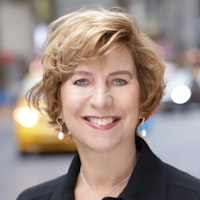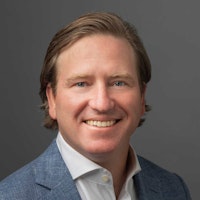
Much of this stems from malign actors...who strategically weaponize our existing divisions against us.
Show Notes
Instead of coming together during the pandemic, many Americans have grown farther apart. People are increasingly living in different realities of news, politics, and information, which is putting public health, elections, and democracy at risk. False and misleading information online are partly to blame, says Vivian Schiller, director of Aspen Digital. "Much of this stems from malign actors, some who are driven by profit and others, like foreign intelligence services, strategically weaponize our existing divisions against us." She speaks with Chris Krebs, former head of the Cybersecurity and Infrastructure Security Agency at the Department of Homeland Security, and Yasmin Green, director of research and development for Jigsaw, about the roots of our broken information ecosystem.
Learn More
Additional Information
Explore
Related episodes


What is the Trump doctrine on foreign policy?


In this episode, you’ll hear from the nation’s new White House Chief of Staff, John Kelly.


Can the Republican party and the White House get in alignment on priorities and core values?
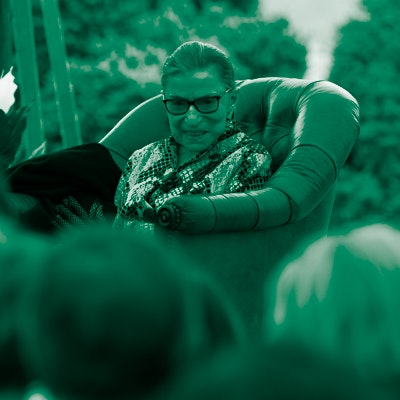

Ruth Bader Ginsburg says her experiences as a female give her a unique perspective in court.


In this era of deep partisanship, how can common ground be found on Capitol Hill and on Main Street?
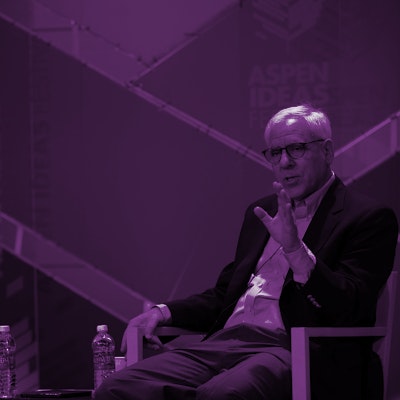
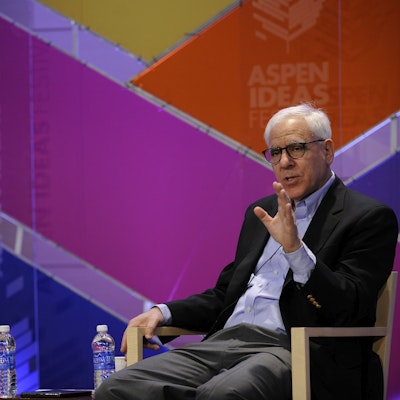
What were the ideals of the framers, and what can they teach us about modern American democracy?

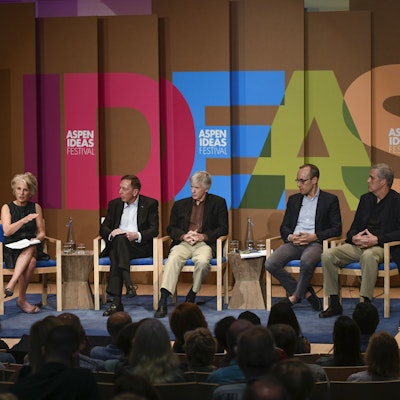
Afghanistan and Iraq: Looking back after 15 years and counting.


Is the Republican Party in the United States having an identity crisis?

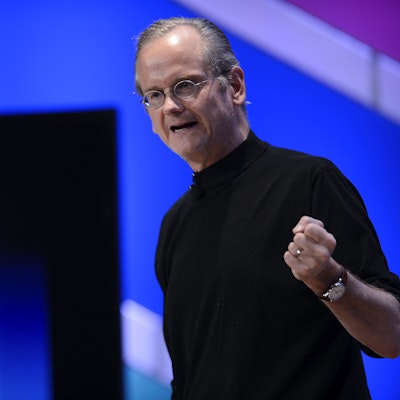
How can Americans restore their confidence in their government?


Former FBI Director James Comey says transparency and a desire to maintain his agency’s credibility prompted him to reopen the Hillary Clinton email investigation in 2016.


What might we learn from the past about the current state of politics and democracy in America?


Is the internet loosening our collective grasp on the truth?

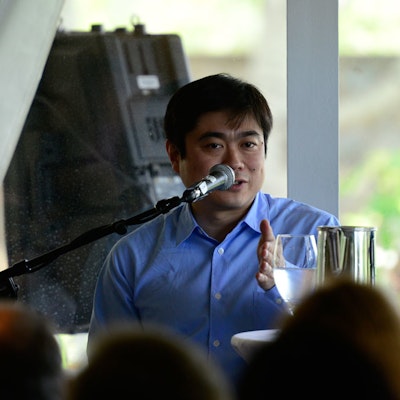
How do you successfully navigate a rapidly changing and unpredictable world?

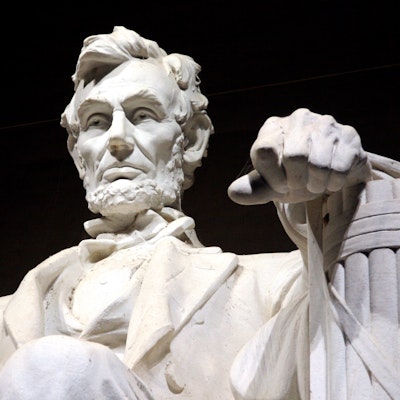
Humility, loyalty, rhetorical mastery — these were the leadership traits of President Abraham Lincoln.


America’s Founders didn’t envision activist groups mobilizing on social media and disinformation spreading across the internet. Thanks to the web, new threats to democracy — like the January 6th attack on the US Capitol — have emerged. Nate Persily, professor of law at Stanford, talks with Jeffrey Rosen, president of the National Constitution Center, about why passion may...


Ransomware attacks on Colonial Pipeline and top meat producer, JBS, have catapulted malware into the mainstream. Ransomware isn't a new threat but it's getting significantly worse, say cybersecurity experts. In recent years, thousands of schools, government agencies, healthcare providers, and small businesses have fallen prey to it. The malicious software that's designed t...


When President Biden expanded the nation's Child Tax Credit in March, US Senator Michael Bennet applauded the move. Bennet, a democrat from Colorado, has been working to increase support for families since he introduced the American Family Act in Congress in 2017. Now he wants to make the Credit, which pays most American families $250 or $300/child each month, permanent. H...


Americans across the country will go to the polls and cast their ballots next week, but they won’t all do it in exactly the same way. The U.S. has 8,800 voting jurisdictions, which allows for local adaptation, but presents a challenge when it comes to standardizing elections. That variability might be part of what’s fueling a wave of mistrust about voting integrity, and a...
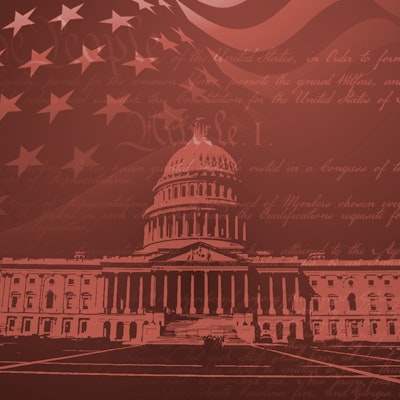

America’s “second founding” came on the heels of the Civil War, when the architects of the 13th, 14th and 15th amendments thought long and hard about how to enshrine civil rights that were truly for all into the U.S. Constitution. Despite an immediate backlash, including from the Supreme Court, and repercussions we’re still dealing with today, that second generation of fra...

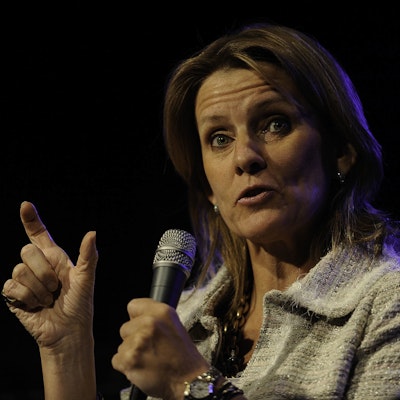
How can we stay safe in the increasingly tech-driven world?






